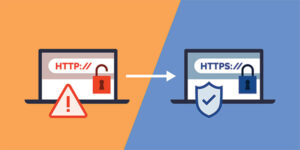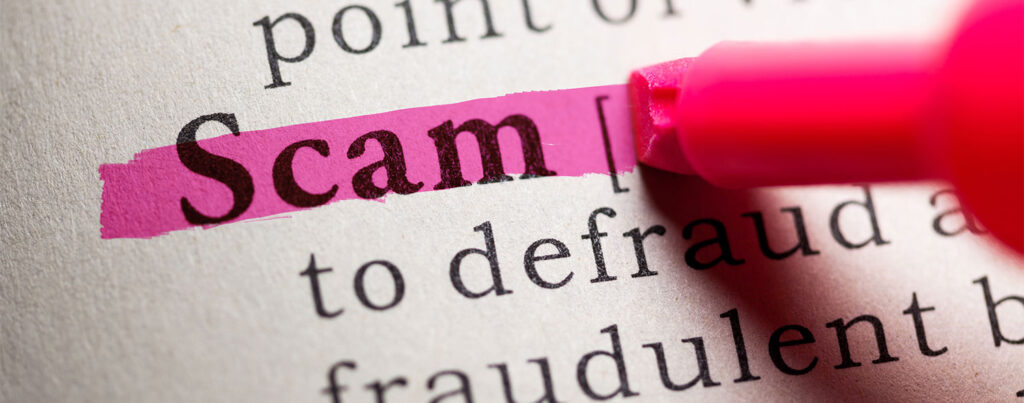The price of ammunition is always of interest to firearm owners, but when the price goes up—due to a variety of reasons that can affect supply & demand—the opportunities for online scammers increase, too.
Preying upon a firearm owner’s desire for a “deal” or even finding ammo at the previous market rate during a spike in pricing, scammers can take someone for a proverbial ride.
But there are key traits of a scammer you can be on the lookout for to keep from getting burned.
 Many scammers operate outside the United States.
Many scammers operate outside the United States.
Certainly, one can’t tell at first glance if an offer is coming from somewhere in a foreign land.
But if a website, or social media page, originates from overseas, a little digging should reveal it. Be it a foreign point of origin, a non-US phone exchange, or an email address clearly from overseas. If it does? Proceed with caution. The international sale of arms and ammunition is heavily regulated—if someone is contacting you from outside the United States with a special deal, it’s probably too good to be true
Scammers oftentimes don’t use authentic language.
Does the online conversation sound like a normal purchase at a gun store? Maybe unusual terminology is used. Or, the language is overly formal. Or, maybe the cartridge specs don’t sound quite right.
These can all be signs of someone who does not reside in the US. Perhaps they don’t actually have the product in hand. Maybe they don’t really know much about the product they’re allegedly selling.
Often, tossing out a trick question as bait can reveal something about the seller. For example, “How much for the 55 grain green-tip 5.56 ammo?” Someone who regularly shoots or sells 5.56 ammo would know that the load referred to as a “green tip” is, in fact, a 62gr bullet, and is completely different than the 55gr XM193 bullet.
 Most scammers won’t accept standard payment methods.
Most scammers won’t accept standard payment methods.
If someone selling ammo online won’t take a debit card, or Venmo? If they require Google Pay, Zelle, or other methods of payment that have less fraud or buyer protection than others? Proceed with caution.
Many times, scammers will request payment through a common transaction tool, like PayPal, but will send the request as “Friends And Family” instead of a transaction. This method is not intended to be used for the purchase of goods and services and leaves the buyer with little recourse in the event of a scam. If a seller insists on using a “Friends And Family” transfer instead of a standard “goods and services” transfer, this should be an immediate red flag.
Scammers use stolen content from real websites, as well as fake logos, and fake addresses.
Lots of websites will appropriate someone else’s content, or synopsize it to their advantage. Not always the most legit practice, but it happens.
However, an abundance of stolen content should send up an alarm if you’re buying ammo from that site. Also, if there’s a fake logo meant to disguise itself as another logo—with minor changes—in an attempt to mislead? That’s a bad sign, too. And if there’s a fake address? Look for ammo elsewhere. We have even seen images of reloading components (instead of complete, loaded cartridges) used on posts of scammers trying to take advantage of gun owners.
 If your information (address, email address, phone number, and certainly credit card) is being input into a form? Better have an SSL. That’s a Secure Sockets Layer—which establishes an encrypted link between a server and a website, or a browser. That’s a key technology to keeping your information private, and safe.
If your information (address, email address, phone number, and certainly credit card) is being input into a form? Better have an SSL. That’s a Secure Sockets Layer—which establishes an encrypted link between a server and a website, or a browser. That’s a key technology to keeping your information private, and safe.
And, or course, that’s why scammers don’t use them.
Even if a legitimate small business owner doesn’t have an SSL? You’re still at a higher risk of having your data stolen. So, be careful.
Some scammers have no website—only a social media page.
If an ammo sales company is using only Facebook, Instagram, or Twitter, that’s an issue. Any legitimate ammunition sales company is going to want a website to show off their wares, and more importantly, safely process sales. Which brings us to the next attribute of a scammer.
 Some scammers like to do business inside messaging from a social platform.
Some scammers like to do business inside messaging from a social platform.
If a seller replies after you contact them about a price offered on a social media platform, then asks for your payment information via a direct message? Beware. Not only is this a highly unorthodox and unsecured way to transmit your most private information, recouping any funds in event of a scam is next to impossible.
Reputable merchandisers are reputable for a reason.
Although no one wants to unfairly discriminate against a newcomer in the firearms and ammunition sales business, dealing with reputable merchandisers does have its advantages. One of which being that you’re dealing with a company with a proven track record of delivering on the sales they make.
The temptation to score a “deal” from someone you haven’t heard of, or haven’t done business with, may be high. But the safe and sure method is to do business with a going concern with a longstanding history of customer satisfaction.
If you’re looking for real deals on ammo, here are some legitimate sites that can help you with your search:
Ammoseek.com
Gunbot.net
Gun.deals

